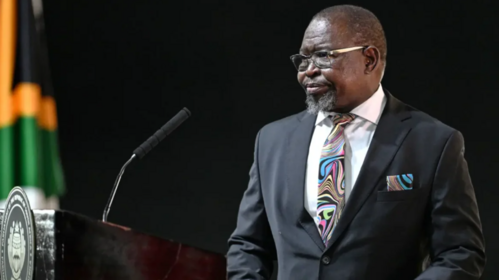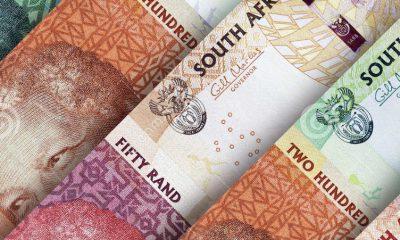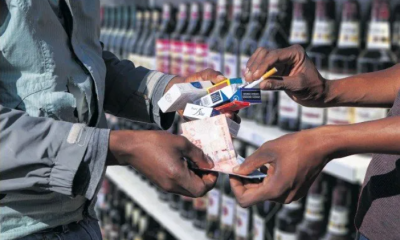411
Godongwana Refuses to Resign Amid VAT Hike Controversy

Finance Minister Enoch Godongwana has firmly rejected calls for his resignation following the government’s decision to reverse a proposed increase in value-added tax (VAT). Despite widespread criticism, Godongwana maintains that his role is to introduce money bills, emphasizing that not all of them need to be popular.
This statement comes amid significant pressure from the Economic Freedom Fighters (EFF), who have been vocal about the VAT hike debacle. The EFF has accused Godongwana of jeopardizing South Africa’s economy, following the controversial decision to increase VAT from 15% to 15.5% on May 1. Though the National Treasury ultimately reversed the increase, the opposition party remains unsatisfied, labeling the budget process as “misguided, reckless, and unconstitutional.”
The EFF’s Statement on the Withdrawal of the 2025 Budget and the VAT Hike
-Furthermore, the EFF calls for the immediate resignation of the Minister of Finance and the Director General of the National Treasury. This entire budget fiasco should be a reflection for the Minister of… pic.twitter.com/12mkwdOTDC
— Economic Freedom Fighters (@EFFSouthAfrica) April 24, 2025
The EFF, which joined the legal challenge against the hike, insists that the reversal was insufficient. The party is demanding a complete overhaul of the national budget process, criticizing the Treasury’s focus on a rigid fiscal strategy instead of addressing urgent national concerns such as job creation and economic recovery. They argue that the National Treasury’s fiscal approach, rather than fostering growth, is pushing the country into a deeper crisis.
“The people of South Africa need jobs and economic growth urgently,” the EFF stated. “Yet, the state’s fiscal strategy, focused on an unscientific anchor, is a threat to economic stability and the livelihoods of South Africans.”
The VAT hike, aimed at boosting state revenue, was met with resistance due to South Africa’s sluggish economic growth and public dissatisfaction with rising living costs. The reversal of the VAT increase has created a 75 billion rand gap in the national budget, prompting Godongwana to draft a new fiscal framework that aims to tackle the country’s revenue and spending challenges.
The future of this framework will be closely observed by international rating agencies, including S&P Global Ratings. If successful, the new plan could potentially lead to a credit rating upgrade for South Africa, improving investor confidence. However, a poor outcome could result in higher borrowing costs and a further decline in economic stability.
Follow Joburg ETC on Facebook, Twitter , TikTok and Instagram
For more News in Johannesburg, visit joburgetc.com
Sourced:African Insider
Picture: Central News



























